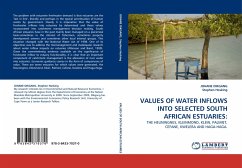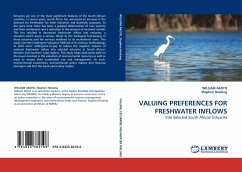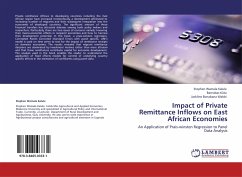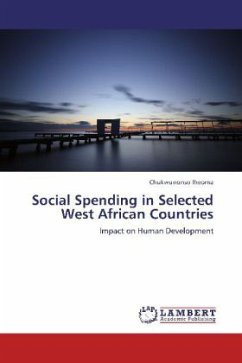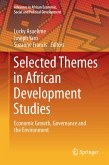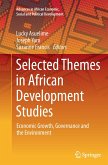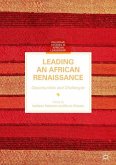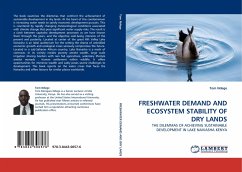The problem with estuarine freshwater demand is that estuaries are the 'last in line', literally and perhaps in the typical prioritisation of human wants by government. Clearly it is imperative that the value of freshwater inflows into estuaries be determined and these values incorporated into catchment management decision making. South African estuaries have in the past mainly been managed on a piecemeal basis-sometimes in the interest of fishermen, sometimes property development owners and sometimes other local interest groups. This situation changed with the National Water Act of 1998. One of its objectives was to address the mismanagement and inadequate research about water inflow impacts on estuaries (Allanson and Baird, 1999). Given the overwhelming evidence available on the significance of freshwater inflow to estuary functionality, it is clear that an important component of catchment management is the allocation of river water into estuaries. Economic guidance comes in the form of comparisons of value. There are seven estuaries for which values were generated, the Heuningnes, Kleinmond, Klein, Palmiet, Cefane, Kwelera and Haga-Haga.
Bitte wählen Sie Ihr Anliegen aus.
Rechnungen
Retourenschein anfordern
Bestellstatus
Storno

